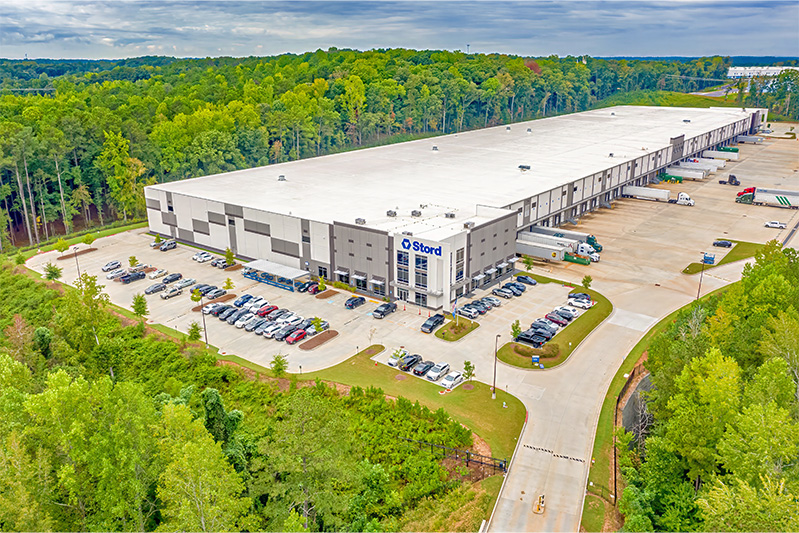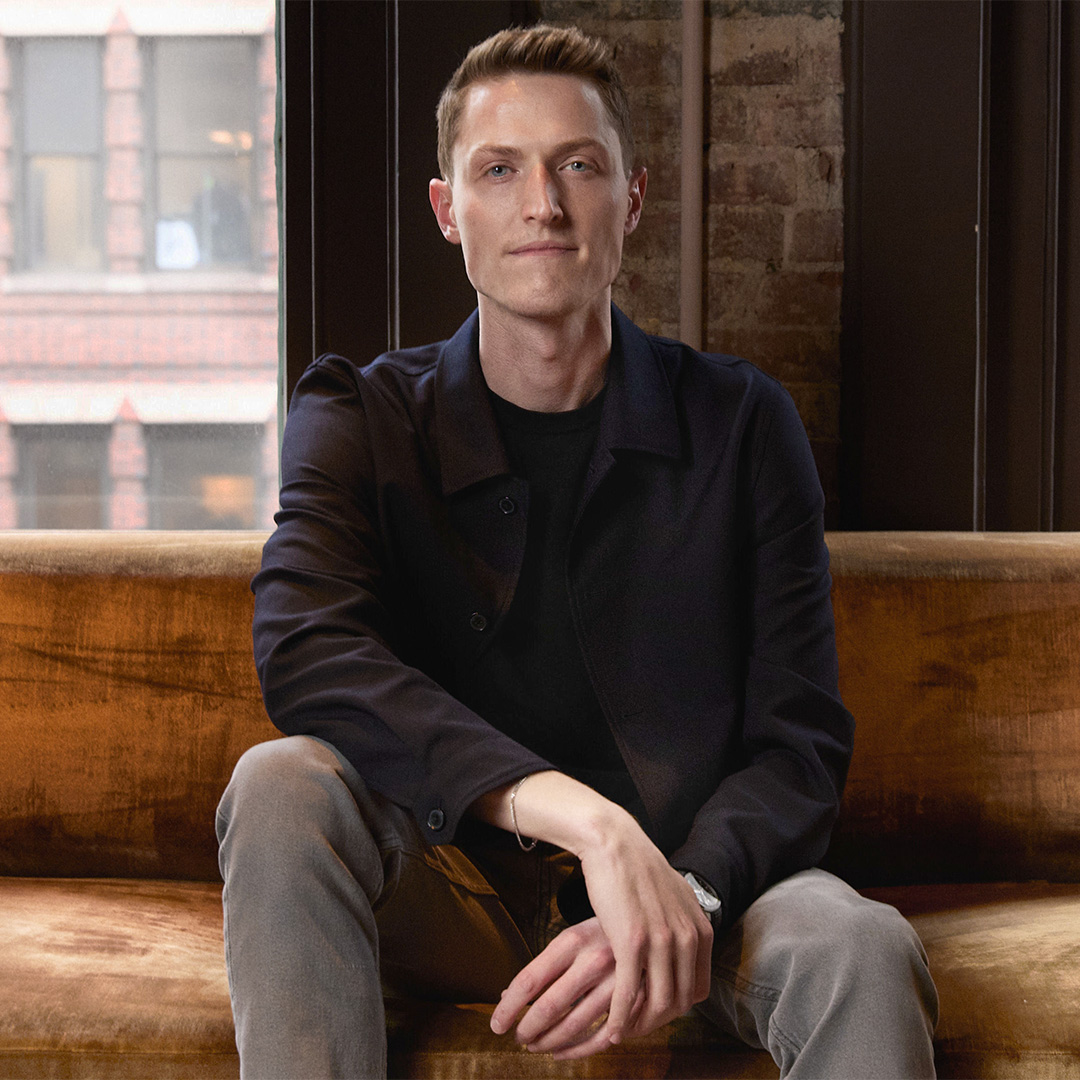
When Sean Henry arrived at Georgia Tech as a freshman, he didn’t expect to build one of the fastest-growing commerce enablement companies in the country. But his entrepreneurial instincts, honed since childhood, quickly led him down a path that would redefine his future and reshape the e-commerce industry.
Henry initially had no intention of going to Georgia Tech. Having grown up in Atlanta, he planned to get a bit further away from home. But a Dean’s Scholarship from the Scheller College of Business, combined with Georgia’s HOPE and Zell Miller scholarships, made the hometown school an economically smart choice.
What sealed the deal was a tour of ATDC (Advanced Technology Development Center) and the first of several impactful conversations with Craig Womack, associate dean of Undergraduate Programs.
“I really wanted to go to a school that valued the outcome of education,” Henry shared. “During the tour, I heard a lot about Scheller’s focus on career, salary, and entrepreneurship, and that really resonated with what I was going into college intent on doing.”
It didn’t take him long to get to work. In October 2015, just two months into his first semester, Henry launched Stord, LLC, an omnichannel fulfillment and integrated software solution. Today, Stord Inc. offers end-to-end services for B2B and DTC brands with a physical network of global fulfillment centers and AI-powered technologies, unlocking award-winning consumer experiences at scale. They power over $10 billion in commerce annually.
Impressive results for an idea that took shape during a family dinner conversation when Henry was just 18 years old.
From Dorm Room to Boardroom
Newly home from his summer work abroad, and mere days away from starting his freshman year at Georgia Tech, Henry’s real-life experiences suddenly converged, taking the shape of a company that would enable Amazon-like shipping for businesses of all sizes.
“A few days before classes began, I was telling my family about my summer job in Germany at a manufacturing company,” Henry said. “As I described the challenges we faced there, I realized they reminded me of the problems I encountered when I was running my own e-commerce business. I thought it would be interesting to build something to solve these issues. The rough idea for what became Stord came together over dinner that night.”
Henry didn’t wait to act. As he juggled the first weeks of class, he also registered the business, started building a pitch deck, and applied for the prestigious Thiel Fellowship. The fellowship requires recipients to drop out of college, something that Henry was starting to consider with increasing seriousness as balancing his schoolwork and building Stord became more difficult to manage.
“The funny part was, I actually dropped out before I got the fellowship,” he shared. “I jumped two feet in and hoped they said yes later.”
Scheller as Launchpad and Safety Net
After a harried semester balancing course work and the launch of Stord, Henry felt something needed to give. He credits Scheller for supporting his leap into entrepreneurship.
“I sat down with Craig Womack and said, ‘The business is growing. I have employees. I’m getting my first real investment. I can’t do both well.’” Womack’s response? Encouragement and a safety net. “He said, ‘We want to foster more entrepreneurship. If things don’t work out, reapply. We’ll welcome you back with open arms.’”
That support gave Henry the confidence to pursue Stord full time.

Lessons from Failure
Despite Henry’s age, Stord’s success wasn’t a stroke of beginner’s luck. His entrepreneurial journey began long before college. He opened an eBay account at seven years old to sell his Christmas presents. He experimented with everything, from flipping electronics to launching a sports arena messaging app, which ultimately failed.
Failure taught him critical lessons. “I learned the importance of having a technical co-founder, not outsourcing,” he shared. “I learned not to be scared off by competitors. And I learned to build something really big and impactful.”
Those early lessons in resilience paid off. When a global logistics company backed out of an early investment in Stord to build a competitor, Henry didn’t waste time wallowing in defeat. Instead, he led Stord to move faster and stay closer to the customer.
“Long term, we beat them,” Henry said. “We grew to be five times bigger than the competitor’s division and took it over from them. We learned not to be afraid of competitors.”

